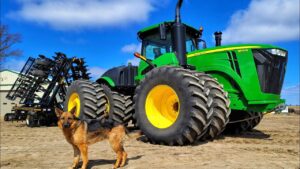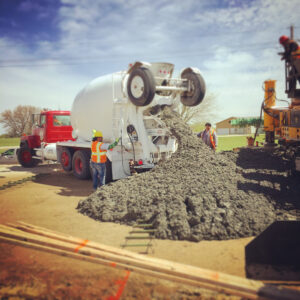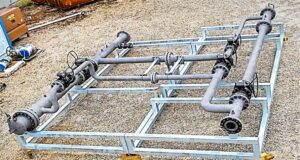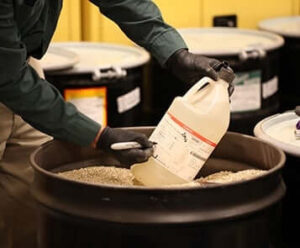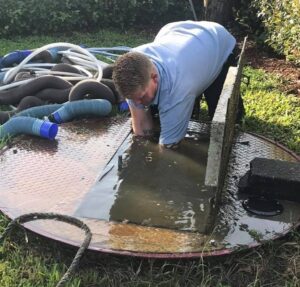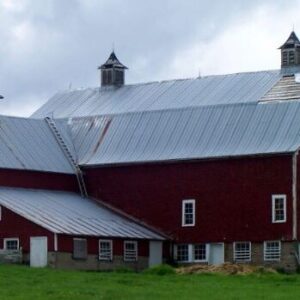Agriculture, the backbone of our civilization, heavily relies on modern equipment and machinery to increase productivity and efficiency on farms. These tools are essential assets for farmers, aiding in various processes, from planting and cultivating to harvesting and transportation. However, what happens when these vital pieces of equipment suffer damage, causing a reduction in their value? This is where diminished value appraisal comes into play, especially crucial in the agricultural sector.
In the realm of farming, equipment holds immense importance. Tractors, harvesters, plows, and other machinery are the lifeblood of agricultural operations, contributing significantly to the success and profitability of a farm. Unfortunately, these assets are susceptible to wear and tear, accidents, and other factors that can decrease their value. This is where diminished value appraisal becomes essential for farmers.
What is Diminished Value Appraisal?
Diminished value refers to the reduction in an asset’s value due to damage, even after it has been repaired to its pre-damaged condition. Diminished value appraisal is a process used to assess and determine the decrease in value of an asset following damage, despite restoration efforts. It is crucial in understanding the impact of the impairment on the equipment’s overall value.
Why Farms Need Diminished Value Appraisal on Their Equipment
Asset Protection and Evaluation
Farm equipment represents a substantial investment for any agricultural operation. When damage occurs, whether due to accidents, natural disasters, or wear and tear, it’s essential to assess the diminished value accurately. This appraisal helps farmers understand the financial implications of the damage and aids in making informed decisions about repairs, replacement, or insurance claims.
Insurance Claims and Settlements
In cases where the damage is covered by insurance, diminished value appraisal plays a crucial role. Insurance companies often focus on repairing the equipment but may overlook its diminished value post-repair. Having a proper appraisal ensures that farmers receive fair compensation, accounting for both the repair costs and the reduced value of the equipment.
Resale Value Consideration
At some point, farmers might decide to upgrade or sell their equipment. Any history of damage, even if it has been repaired, can significantly impact the resale value. Diminished value appraisal helps in accurately determining the reduced worth of the equipment due to its damaged history, enabling farmers to set fair prices and negotiate effectively.
Legal Recourse and Documentation
In cases where disputes arise, having a diminished value appraisal provides legal documentation and evidence of the equipment’s reduced value. This documentation can be instrumental in legal proceedings, settlements, or disputes with insurers or third parties involved in the damage.
Transparency and Decision-Making
Farmers need accurate information to make sound decisions regarding their assets. Diminished value appraisal offers transparency and clarity, empowering them to understand the financial implications of damage on their equipment. This information aids in making informed choices about repairs, replacement, or sales.
The Appraisal Process
The process of diminished value appraisal involves several steps:
Inspection and Evaluation
Qualified appraisers inspect the damaged equipment thoroughly. They assess the nature and extent of the damage, considering factors such as the equipment’s age, make, model, pre-accident condition, and the quality of repairs.
Comparative Analysis
Appraisers compare the pre-damaged market value of the equipment with its current value post-repairs to determine the diminished value accurately. They consider market trends, demand for similar equipment, and how the damage history affects the equipment’s value in the market.
Documentation and Report Generation
A detailed appraisal report is generated, documenting the findings of the appraisal process. This report includes information on the pre-accident value, nature of damage, repair details, and the calculated diminished value.
Presentation and Use of the Appraisal Report
The appraisal report serves as a crucial document for insurance claims, legal proceedings, or when making decisions regarding the equipment’s future, whether it’s repair, replacement, or sale.
Conclusion
Farm equipment represents a significant investment for farmers, and any damage to these assets can result in diminished value. Diminished value appraisal plays a vital role in accurately determining the reduced worth of equipment post-damage, providing transparency, and aiding in decision-making processes. Understanding the need for diminished value appraisal empowers farmers to protect their assets, make informed choices, and ensure fair compensation in case of damage or loss. In the ever-evolving landscape of agriculture, recognizing the importance of preserving the value of farm equipment becomes imperative for sustainable and profitable farming practices.


